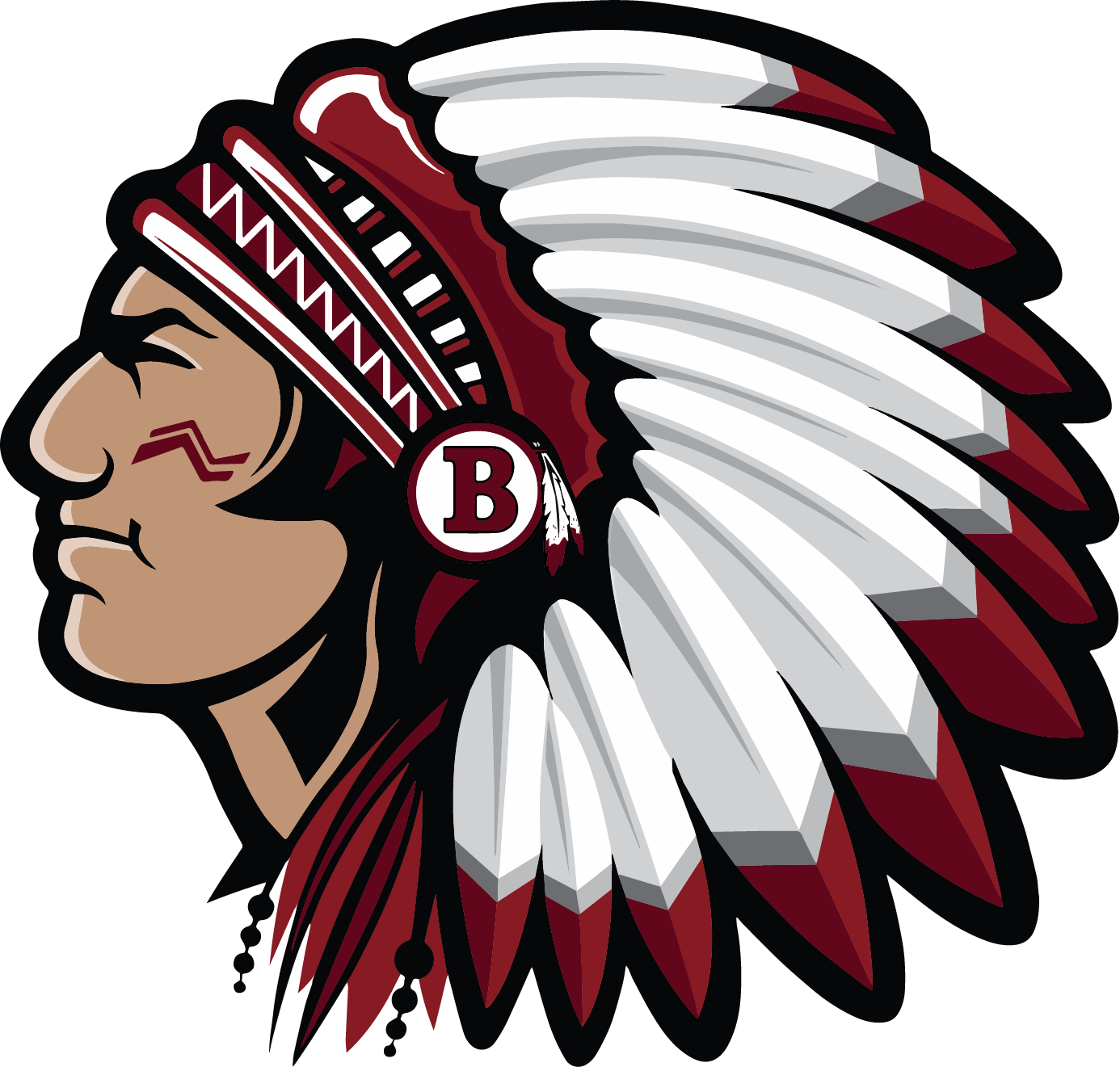BHS students collaborate during Lena Pierce’s “Birthday Book Project”, a real world authentic project New Tech leaders encourage.
By DAVID COOKE
Blytheville Schools PR Dir.
Blytheville High School’s New Tech Network is beginning its sixth year, and Matthew Swenson said that as eager as he is to help BHS instructors continue to push their instruction towards student-centered practice, he is equally interested in continuing the great things that are already happening at the high school.
As Swenson, BHS’ new principal, noted, his work with the New Tech model is centered more on refinement. “I want to do my part to help make things better, and there are ways this can be done,” he stated. “For example, developing curriculum and projects is difficult unless you understand best practice, the content and its interconnectedness to other disciplines.”
Swenson noted that refinement practice has to start with adult collaboration, and that adult culture leads to student culture. At BHS students need to know how to work well with others, in small teams and in larger groups, similar to the work required of our teachers.
Robin Sneed, director of New Tech, stated that if teachers want their students to collaborate, they must first set the examples. “I heard a student say once that he didn’t realize the teachers spent time collaborating together until he witnessed teacher collaboration in the high school library; he simply thought that when a teacher reached a certain level, that person automatically had what he or she needed for expertise on a subject,” Sneed stated. “Students need to see teachers collaborating together, setting the example for the collaborative culture we want to foster in our students.”
Through collaboration New Tech schools have defined student outcomes that are aimed at fully preparing them for college and career success. Swenson brought out that the students will be focusing heavily on Agency, or having ownership over one’s learning, this year. “We know that employers are looking for people who can self-manage and push innovative practice, and we want to ensure our students leave with this skill,” said Swenson.
School leaders will also focus heavily this year on supporting teachers in project ideation, design and implementation, as project-based learning is the primary method of instruction at the high school. Project-based learning is an instructional method in which students work on a project over an extended period of time that engages them in solving a real-world problem or answering a complex question. Students will often demonstrate their knowledge and skills by developing a public product or presentation for a real audience. “Project-based learning is a great way to learn,” he stressed. “At BHS New Tech, what we always need is to teach students how to think through complex problems. That is the work of the future”.
Sneed and Swenson both said they expect great things from students this year. They noted that high school students tend to be underestimated as to how effective they can be. “So what better way to get students ready for the world than to engage them in views on how the real world operates,” added Swenson.

